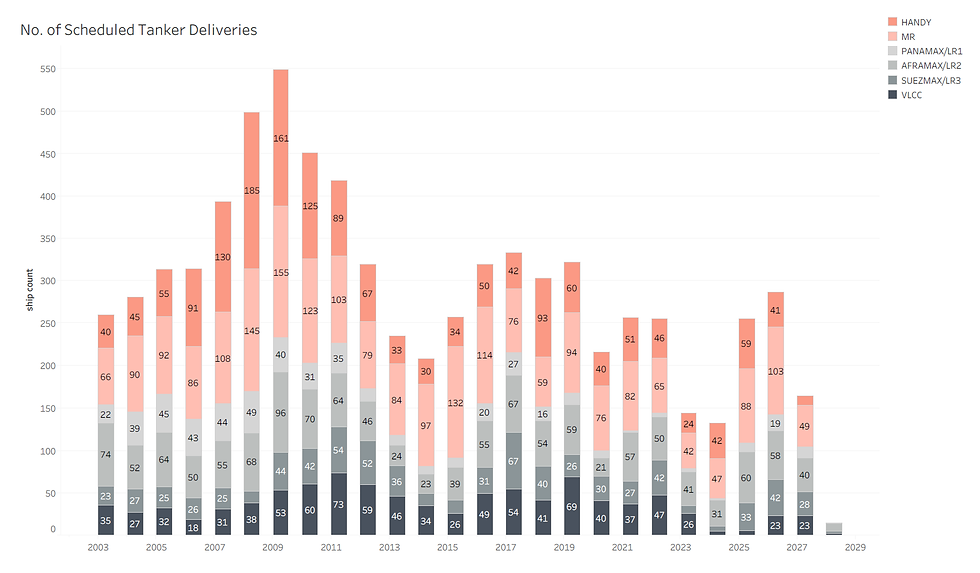2024.09.16
- SLOW
- 2024년 9월 18일
- 4분 분량
[SLOW] https://slowspace.io/ _ MT Sounion
EU Navy tows oil tanker attacked by Houthis in the Red Sea
The European Union’s naval force has successfully connected tug boats to the MV Sounion, an oil tanker that was attacked by Houthi militants in the Red Sea on August 21 while carrying around 1 million barrels of oil from Iraq to Greece. The tanker, which caught fire after the attack, is now being towed to a safe location. The incident raised environmental concerns, with the United Nations warning of potential disaster if the vessel was not salvaged. While the EU naval force reported no signs of oil spillage from the cargo hold, the US suggested fuel might be leaking from the ship. The Houthis, supported by Iran, have been targeting merchant ships in the Red Sea and Gulf of Aden, claiming their actions are in solidarity with Palestinians in the ongoing Gaza conflict.
------------------------------------------------------------------------------------------------
[SLOW] https://slowspace.io/ STS Laconian Gulf STS
Greek Navy extends drills to deter Russian Ship To Ship transfers
Greece has extended its naval drills aimed at deterring Russian oil transfers near its coastline by two more months, pushing the exercises into their sixth month. Initially set to conclude soon, the drills in the Laconian Bay will now continue until November, according to the Hellenic Navy. These maneuvers were initiated in May to prevent ship-to-ship transfers of Russian oil, which had turned the bay into a hotspot for such activities. The Greek government stated that the drills are intended to address safety concerns regarding these risky transfers. In response, Russian oil transshipments have relocated to other regions, including the Mediterranean Sea, Red Sea, and West Africa.
[SLOW] https://slowspace.io/ _ Laconian Gulf
------------------------------------------------------------------------------------------------
[SLOW] Tanker Fleet Study _ Number of scheduled tanker deliveries
Tanker owners dismiss oversupply concerns, highlight future ship shortage risks
Tanker owners remain unconcerned about the rise in newbuilding orders, despite the global orderbook growing from 7.52% in January to 12.7% by September. Speaking at Pareto Securities' Energy Conference, Hafnia’s CEO Mikael Skov dismissed oversupply fears, suggesting that the real risk is a shortage of ships to meet future demand, particularly for product tankers. While the number of LR2 vessels on order is significant, Skov pointed out that many of these could end up trading crude oil, alleviating potential oversupply. He mentioned that approximately 70% of the LR2s on order might be classified as aframax crude tankers with owners choosing coated tanks to provide flexibility and enhance resale value, although these vessels are not intended for transporting petroleum products. International Seaways CFO Jeffrey Pribor echoed this sentiment, viewing the current 17% orderbook for LR2 and Aframax tankers as manageable. Analysts, like Eirik Haavaldsen, also highlighted the diminishing productivity of older tankers and predicted that older vessels may shift to "dark fleet" operations, reducing their market impact. While the newbuilding orderbook has crossed 10%, ordering has slowed recently, indicating a cautious approach from shipowners.
------------------------------------------------------------------------------------------------
Nigeria’s NNPC to distribute Dangote Refinery gasoline after finalizing government agreement
A Nigerian presidential committee has confirmed that state-owned NNPC Limited will distribute gasoline from the 650,000 barrels-per-day Dangote Refinery, resolving earlier disputes over pricing and offtake rights. The $20 billion refinery, built by billionaire Aliko Dangote in Lagos, began gasoline production last week, but distribution had been delayed. The finalized agreement allows NNPC to distribute gasoline in exchange for crude oil, with transactions settled in the local currency, naira. While Dangote’s diesel, previously exported, will now be sold locally to fuel traders in naira, NNPC has exclusive rights to distribute gasoline both in bulk and at its stations. However, only about 5% of local traders are currently purchasing from Dangote due to concerns over the refinery's retail pricing, which they claim is affecting their businesses. Currently, only about 5% of local fuel traders are buying from the Dangote Refinery, which has restricted its sales to just 29 tankers of diesel per day, according to a refinery executive.
------------------------------------------------------------------------------------------------
[SLOW] https://slowspace.io/ _ Rio de Janeiro
Petrobras to Invest $3.6 Billion in Rio Complex to boost domestic gas supply and refining capacity
Brazil’s state oil company, Petrobras, plans to invest 20 billion reais ($3.6 billion) in a Rio de Janeiro complex, as announced by CEO Magda Chambriard. The investment includes 13 billion reais for a derivatives plant in Itaboraí and 7 billion reais for a nearby refinery, with construction set to begin in 2025. This announcement coincides with the opening of the Rota 3 natural gas processing facility, Brazil's largest, which will process 21 million cubic meters of gas per day starting in October. The Rota 3 project aims to boost domestic gas supply and reduce reliance on imports, a key challenge due to delays and high costs linked to Bolivia and global market disruptions. The complex, renamed the Boaventura Energy Complex, has a troubled past as the Comperj project, known for corruption scandals and cost overruns. Petrobras also plans to build two gas-fired power plants and explore refining units to produce diesel, lubricants, and jet fuel, with potential petrochemical expansions. The project aligns with President Lula’s agenda to increase supply and reduce energy prices.
------------------------------------------------------------------------------------------------
Nearly 30% of US Gulf of Mexico oil production offline following storm
As of Saturday, nearly 30% of U.S. Gulf of Mexico crude oil production and 41% of natural gas production remained offline following Hurricane Francine, according to the Bureau of Safety and Environmental Enforcement (BSEE). The storm, which struck Louisiana with winds up to 100 mph, caused extensive damage, including power outages affecting around 37,000 customers in Louisiana. The storm's impact resulted in cumulative offshore production losses of 1.82 million barrels of crude oil and 4.12 billion cubic feet of natural gas for the week. By Saturday, 52 oil and gas platforms were unmanned, a decrease from 171 at the storm's peak.





Comments